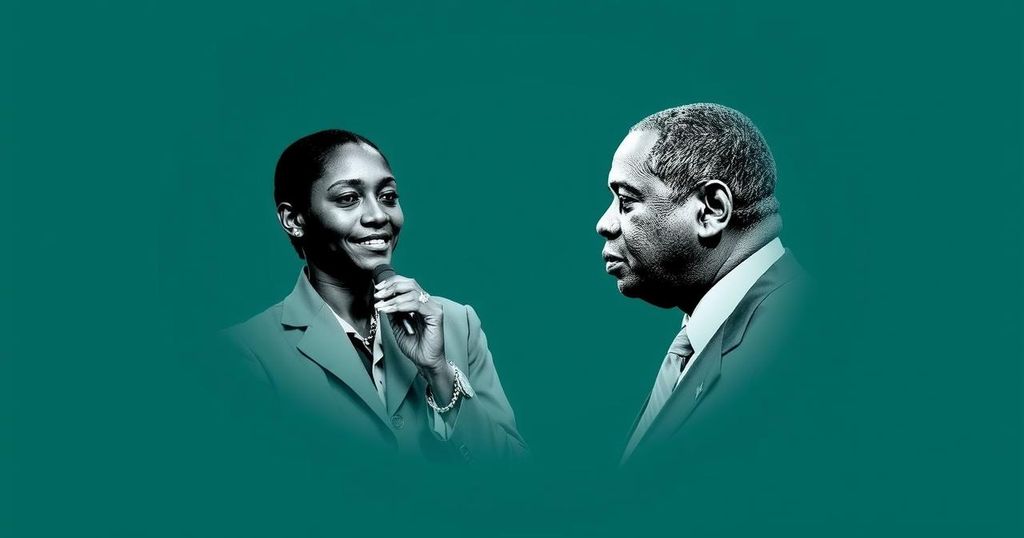Botswana’s upcoming elections on October 30, 2023, highlight significant public dissatisfaction due to rising unemployment and persistent corruption within the government. As the ruling Botswana Democratic Party faces competition amid a divided opposition, citizens express deep cynicism towards the electoral process. The need for accountable leadership and decisive action to combat inequality and invest wisely in the economy has never been more urgent, underscoring the critical importance of these elections for the future of Botswana.
As Botswana approaches its elections on October 30, 2023, the nation faces significant challenges that demand urgent attention from its next leaders. With soaring unemployment rates and public satisfaction with democracy plummeting by 40 percent in the past decade, the integrity of governmental institutions is under scrutiny. Nearly 80 percent of citizens perceive corruption within the President’s office, casting doubt on the country’s once-stellar reputation. Though Botswana has made remarkable strides since independence in 1966, including transforming into a peaceful, democratic, upper-middle-income nation with the rule of law, it has encountered serious challenges recently. Global economic dynamics affecting the diamond industry and increasing severe droughts due to climate change have exacerbated these issues. However, more concerning are the leadership’s inadequate responses to inequality and a lack of economic diversification, which have resulted in missed opportunities. These factors, coupled with a failure to improve essential infrastructure efficiently, threaten the country’s attractiveness to international investors, as increasing corruption and judicial interference undermine the previously admired transparency and sound fiscal policy. In this climate, a thirst for change is palpable among the populace. The Botswana Democratic Party (BDP), which has held power for nearly sixty years, appears poised for another victory, particularly given the fragmented state of opposition and the inherent structural advantages of incumbency. Citizens’ cynicism surrounding the electoral process may increase if they believe that elections serve merely as a facade rather than a mechanism for accountability and real choice. The rivalry between incumbent President Masisi and his predecessor Khama has demonstrated a troubling trend where politics are dominated by personal grievances instead of national interest. As President Masisi stated in 2018, “Botswana is much more important than anybody’s ego,” reflecting a commitment to democratic principles. Yet, the ongoing focus on individual egos threatens to detract from Botswana’s reputation as a model of good governance that can overcome the resource curse.
Botswana’s political landscape is currently marked by rising dissatisfaction among the electorate towards their leaders, driven primarily by increasing unemployment and pervasive corruption. The nation has enjoyed relative stability and development since its independence, transitioning from one of the most impoverished nations in the world to an upper-middle-income status. However, recent socio-economic challenges, including declining industries and climate-related issues, have tested the country’s resilience and governance. The ruling party, having established a long-standing dominance, faces growing pressure from a populace eager for reform and greater accountability within the political system.
Botswana stands at a critical juncture as it prepares for its elections, with citizens yearning for accountability and effective leadership. The prevailing issues of unemployment, rampant corruption, and betrayal of democratic principles necessitate urgent action from those in power. As the nation grapples with these challenges, the decisions made following the election will ultimately dictate whether Botswana can reclaim its standing as a beacon of good governance and development in Africa.
Original Source: www.africa.com






